Hard Cider in the North Country: The original American tipple
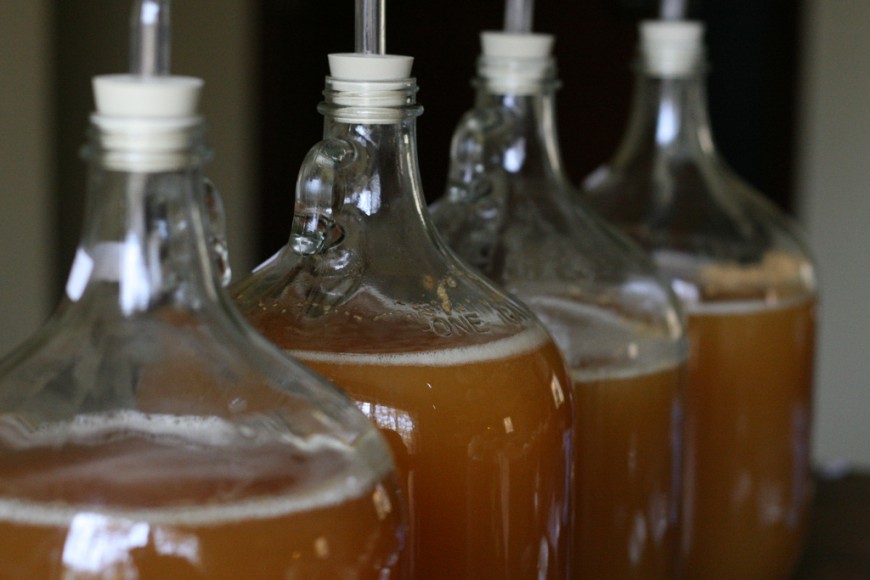
Making Hard Cider. Photo: Chlot’s Run, Creative commons, some rights reserved
I recently wrote an article on all the breweries in the North Country. I was struck by just how many existed, and then by the fact that the vast majority opened in the last five to ten years.
Craft brewing has positively exploded in the last decade, along with craft and artisanal everything. Small food businesses seem to be leading the charge, with the masses looking for small batch versions of their favorite snacks, pantry staples, and libations. Especially libations. If you need proof, just look at the Great American Beer Festival – in 2014 its tickets sold out in 32 minutes, and this year the entire festival is growing about 30 percent, to accommodate larger crowds and more brewers.
This alcoholic fervor has started a slower, but steady, revival of another class of booze, one that has deep roots in American history. Hard cider. Not apple-juice cider; what’s making a comeback after 80 years under the radar is the alcoholic drink that was reportedly guzzled by John Adams every morning to settle his stomach.
In terms of American History, beer is the usurper, an upstart newcomer that won out over hard cider because of a few strokes of bad luck. Cider was the most popular and widespread drink of Colonial America, enjoying a long and prosperous reign from the 1700s to the 1920s. Men, women, and children drank it (the children sipping a watered down version called Ciderkin). Most households produced it. Johnny Appleseed traveled west cultivating apple orchards, but not for eating apples. He did it so when colonists arrived, they would be able to start making cider ASAP.
But as German and Polish immigrants began flooding the country in the early 1900s, they brought with them a love of hoppy beer. Then, during Prohibition, cider was demonized and shunned by religious families (which were most families at the time). The truly zealous even went around chopping down and burning orchards. The apple trees that were tended to were bred for sweet eating apples. Even once the ban was lifted, cider couldn’t recover, especially since orchards take so long to establish. People wanted to drink, and hops and barley could be grown in a single season. Government subsidized grains sealed the deal – beer won, and cider faded into the history pages.
The prohibition-era-free Europe from which the cider tradition had come from, had no such catastrophe, and consequently still enjoys a thriving cider economy, especially in England and Northern France, where cider is a regional specialty and source of pride.
But interest in cider in the United States is growing, and it especially makes sense in the northwest and northeast, where apples orchards are a common sight.
It’s especially pertinent in New York, which is the nation’s second largest state in terms of apple production, but has a less than favorable environment for grains.
In 2011, there was only one place to buy cider in the North Country. Fast forward four years and there are now five operations making hard cider for public consumption. Home-brewed cider is a whole other story. Become patrons and we’ll see eighteen on this list before we know it.
Hard Cider in the North Country
Website: http://www.kaneborchards.com/intro-flash.html
Kaneb Orchards has been selling apples, juice, and baked goods for years. They’ve recently added cider to the list. They offer a traditional Sparkling Cider and a Cranberry Crisp Cider. During the fall you can taste it in their tasting room. Here’s a list of where it’s sold in the North Country
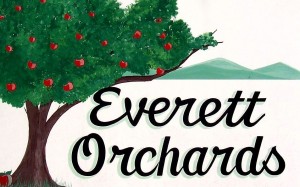 Everett Orchards, Plattsburgh, N.Y.
Everett Orchards, Plattsburgh, N.Y.
Website: http://www.everettorchards.com/
Everett Orchards has several impressive claims: it was founded in 1776, is a sixth generation farm, and claims to be the North Country’s first commercial hard cider. There are six varieties, from dry to sweet to sparkling. Look here for tradition; the cider is made from European cider apples, not munching ones.
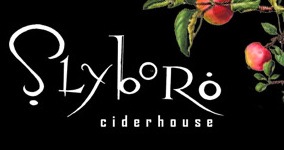 Slyboro Ciderhouse, Granville, N.Y.
Slyboro Ciderhouse, Granville, N.Y.
Website: http://slyboro.com/ourciders.php
They produce still, sparkling, and ice ciders, with a mission of reviving “the lost craft of traditional American ciders.” . The tasting room is open July through Thanksgiving, you can order cases online, and there are stores stocked in Granville, Saratoga Springs, and Warrensburg.
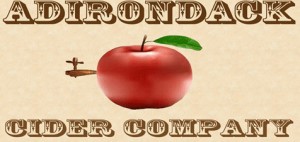 Adirondack Cider Company, Plattsburgh, N.Y.
Adirondack Cider Company, Plattsburgh, N.Y.
Website: http://adirondackcider.com/
The ACC is a part of Elf’s Farm Winery, and reopened in 2013 after a devastating fire. They use only local, Champlain Valley apples to make their five ciders; with flavors like rhubarb, strawberry, and maple. Tours are frequent, and Friday Night Wine Down is the perfect place for beer and cider overs to unwind.
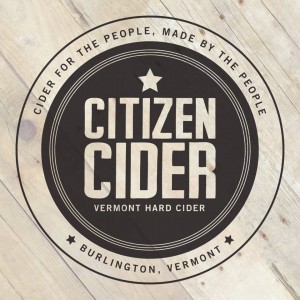 Citizen Cider, Burlington, V.T.
Citizen Cider, Burlington, V.T.
Website: http://www.citizencider.com/
This last one may not be in New York, but it’s not a far drive over and in our listening range! A wine salesman, a chemist, and a small farmer decide to make cider in 2010…and the rest is history. Citizen Cider’s ten ciders are so popular they’re sold in five states, but they refuse to sacrifice quality for quantity; they use 100% local apples and no preservatives. The tasting room in open all week; I’m particularly intrigued by the Brose, a blueberry cider, and Northern Spy.
Tags: history of cider, north country hard cider, upstate new york hard cider





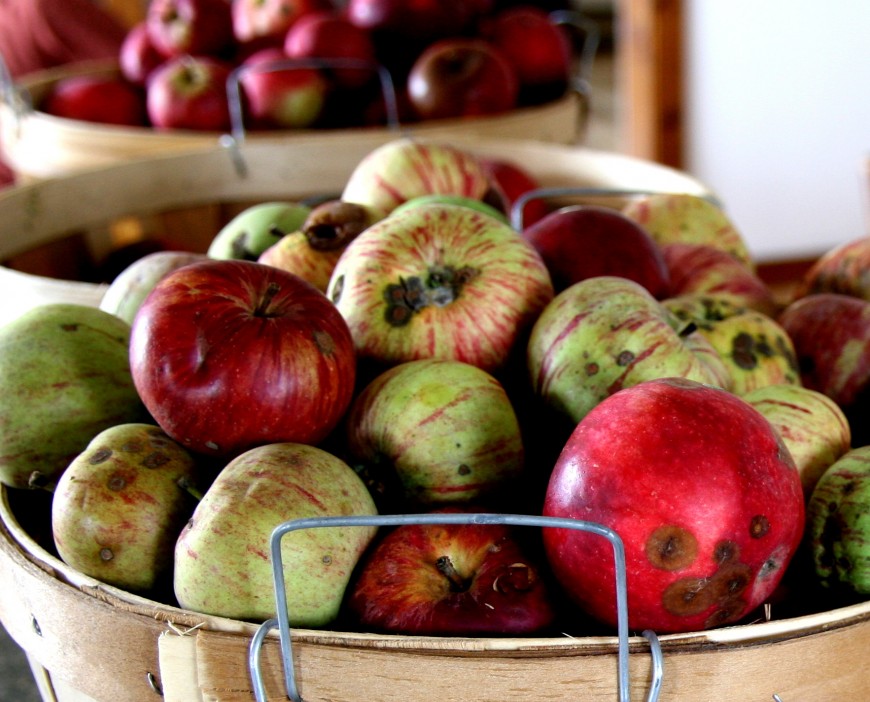
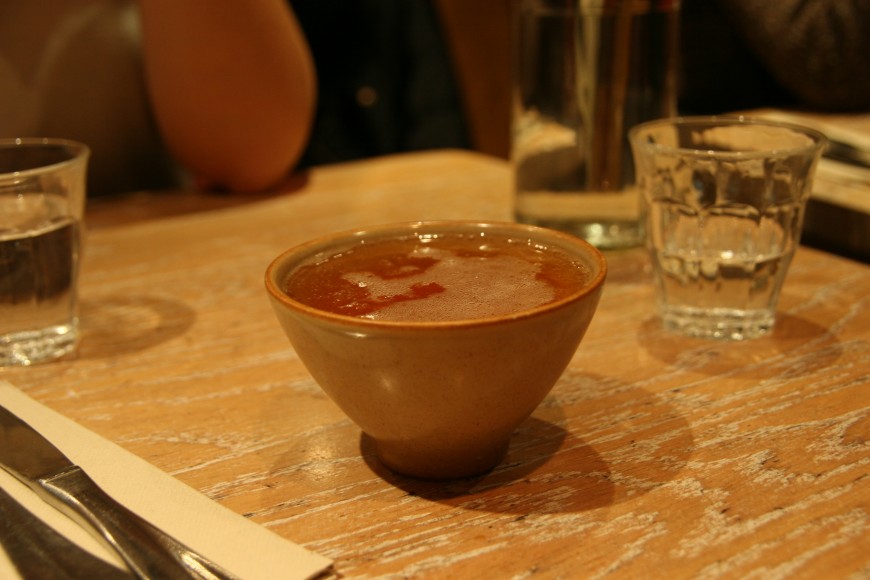
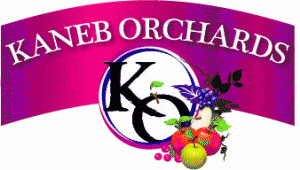



Hard cider is easy and fun to make at home and once you have hard cider you can freeze distill it to make your own apple jack. But it is good to support local business too. Great to see people creating their own jobs and making value added products locally.
I’ve been to Slyboro and they make an excellent product.
I look forward to a compendium of north country distilleries, but there is a late entry to your brewery list, Mean Max in Glens Falls.
The suggestion above that people should “freeze distill” their own apple jack is essentially a suggestion to poison yourself.
Freeze distillation does not remove the heads and tails that proper distillation does. The heads and tails are the poisons which make people sick or blind from improper home distillation. Drinking freeze distilled apple jack will probably not kill you, but it will leave you with a serious headache at the least, if not a god-awful hangover.
Make your own cider, but do yourself a favor and skip the freeze distilled apple jack.